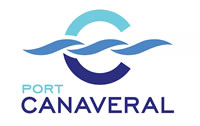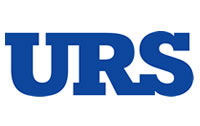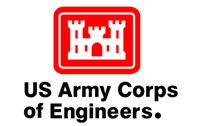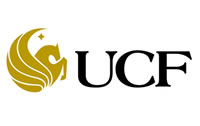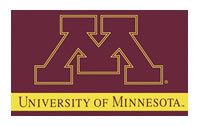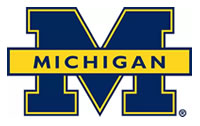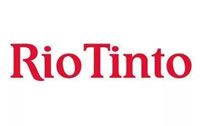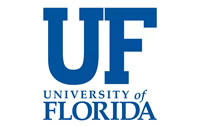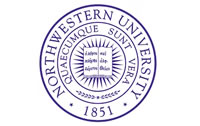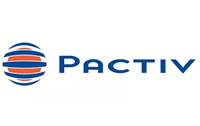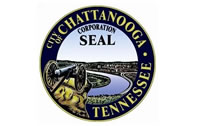Plant leaders owe it to their teams to understand and support the maintenance role.
Plant Services Magazine, Jun 14, 2016
In April 1912, the Titanic struck an iceberg and sank. In the hours it took for the massive ship to take on water and ultimately slip beneath the surface of the ocean, a small group of musicians played music to calm passengers. This activity did nothing to change the outcome. The musicians didn’t have the equipment or the knowledge to keep water from coming in or pump water out. A plant’s maintenance department helps to keep the ship from hitting icebergs, and keeps the sea outside the hull.
The scenario at this organization is that it has grown in physical asset quantity and complexity over the past 30 years. The leadership team has traditionally considered maintenance activities a cost of doing business. Business school taught the senior leaders that profit is the difference between revenues and costs. The way to increase profit was to increase revenues, decrease costs, or do both. Because it’s harder to increase revenues (by selling more) than it is to mandate a 5% cut in costs, the choice was obvious to nonmaintenance professionals. Cut costs by not doing as much maintenance. The band played on…
Over the past five years, this organization has cycled through three maintenance managers – three! It also had three computerized maintenance management system (CMMS) changes over that same period. Senior leaders informed the board of directors they were acting to address the issues of unreliable assets. The maintenance department has been reeling trying to adapt to multiple changes in assets, managers, and software. The band played on…
Many assets are not entered in the database. There is no hierarchy or criticality. There are no documented processes for how to enter work orders, prioritize, plan, schedule, assign, execute, or document completed work. There are no measures, and no one is held accountable, for managing work in the CMMS. The band played on…
The turnover in maintenance managers is primarily a result of low pay for the position, lack of support, and constant pressure to cut costs. Each maintenance manager tries to make progress but gets frustrated and leaves for higher pay and lower stress. This feeds the perception among senior leaders and finance staff that maintenance is not a professional vocation. After all, senior leaders and finance people have MBAs and have to keep current with professional development hours. The maintenance manager doesn’t speak the language of business. The band played on…
My prediction is that an assessment will be requested. It will point out that the maintenance department is significantly understaffed relative to the asset base. It will point out that without control and stability of maintenance management processes, the finance department can’t get a clear picture of actual performance. Without a clear picture of true costs, the opportunities for improvement can’t be known.
To obtain control and stability, senior leaders must support the maintenance manager. The maintenance manager must update the asset database and design and implement guidance – policies, processes, procedures, and measures.
The band members, of course, are the senior leaders and decision-makers who don’t add value by identifying and solving problems. They have the authority to look into root causes and enable solutions, but they lack the initiative to truly understand the issues. They need to learn how to plug holes and operate pumps. If they can do that, the organization will steam full speed ahead. If they don’t, the organization will slip beneath the surface of profitability.
If you’re a musician at a time when your organization needs a leader, put down the violin.
Contact Alidade MER for in-plant Productive Leadership programs. Our program includes pre-surveys to baseline motivation levels, time spent with the managers of attendees, two days of Productive Leadership knowledge transfer, and a post-survey to show changes in motivation after two to three months of post-program leadership implementation. Contact us at [email protected], or by phone at (321) 773-3356.

